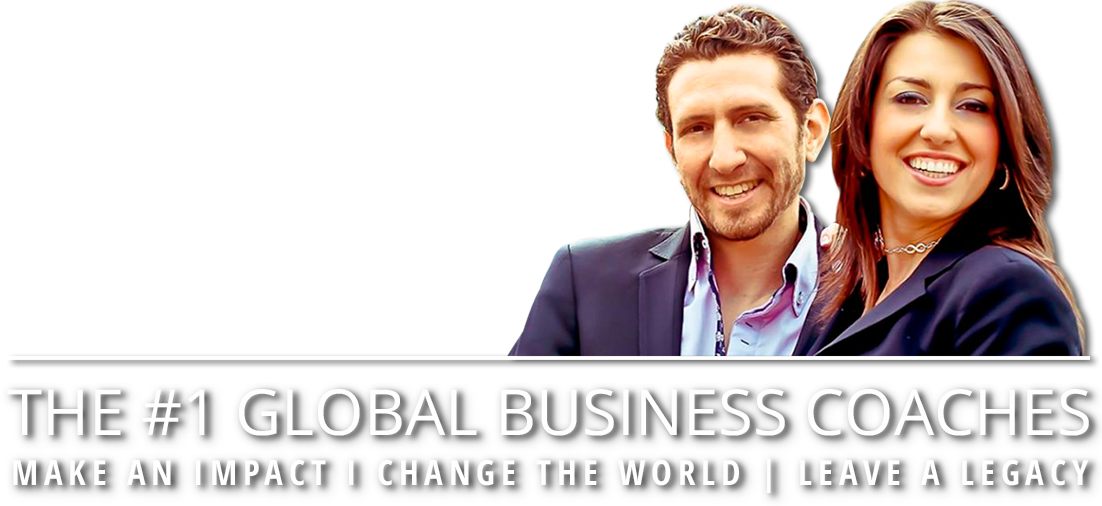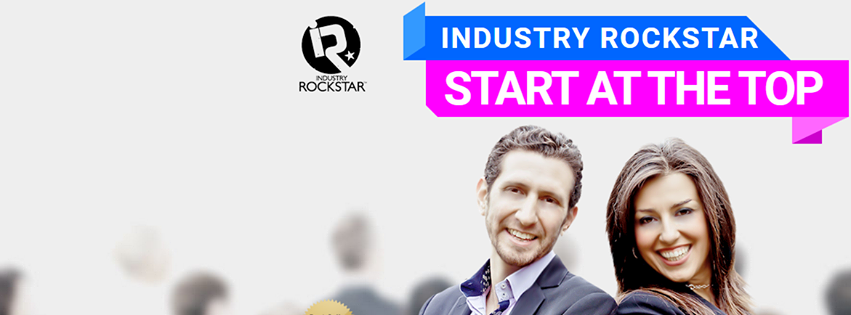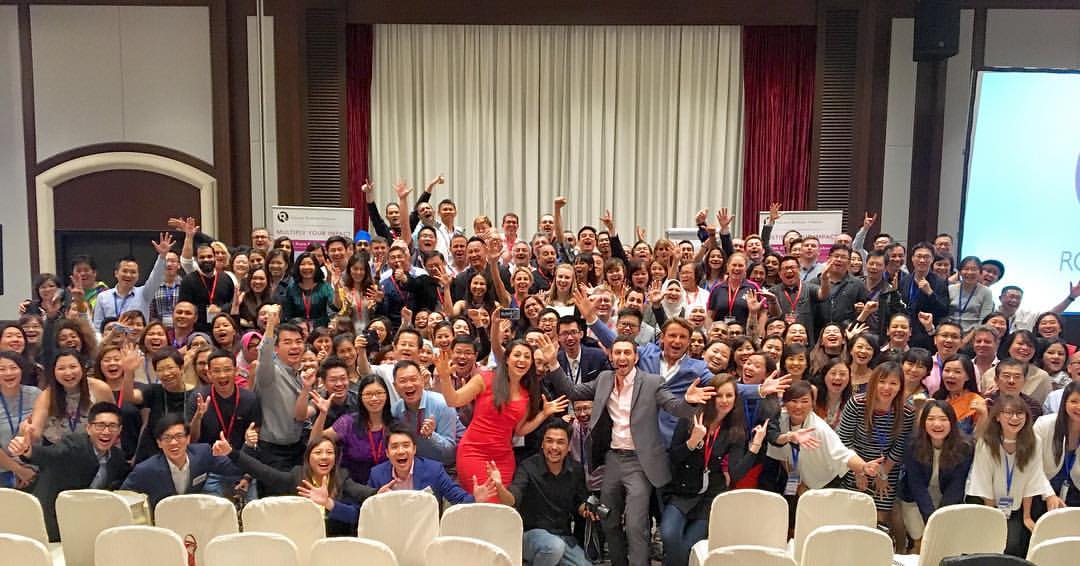The role of a coach is an important one, it means helping a client achieve a specific goal through training, guidance and advice.
A big part of being a great coach is making sure that your clients know that they’re just as responsible for their results as you are. This ensures that while you’re guiding them through this journey, they’re giving it their very best effort.
Setting up a Framework for Accountability
An accountability framework could mean the difference between achieving a successful outcome and your client not seeing the results they expected. It’s a really great place to start when you take on a new client.
These are the accountability frameworks that all coaches should set up for their clients in order to achieve the best possible results:
- Be on time. Being on time is a critical component of successful coaching. It sounds simplistic, but if your client gets sloppy about being on time, it not only interferes with their results, but it disrupts your overall schedule too.
- 48-Hour advance cancellation. If your client needs to cancel or reschedule a session, they should let you know at least 48 hours in advance. If you don’t make this clear from the start, it could lead to a lot of frustration on your part and a breakdown in communication between you and the client.
- Payments on time. When a client isn’t paying you on time, it speaks a lot to what’s going on in the rest of their life. While payment can be a tricky topic, clients need to know from the beginning that timely payments are non-negotiable.
- No money back/guarantees. Your time is not refundable so you need to be clear that you don’t offer refunds. It’s best not to make any guarantees during the sales process.
- Bonuses. If you’re giving clients bonuses or freebies, it’s their responsibility to make use of these bonuses before the offer expires.
- Confidentiality. Explain to your client that you will be keeping your sessions confidential and the importance of them doing the same so that you can have an open dialogue.
- IP. You will be sharing a lot of information on methods and tools during your coaching sessions that might be proprietary to you so it’s important to mention to your client that they aren’t able to publish or reproduce any of your material.
- Advice disclaimer. This is a quick statement to say that you aren’t giving your client official advice. You can only give them specific information and guidance, but they still need to make the final decision in the end.
- You are accountable for results. You can only guide your client so much, they still need to engage and do their part to ask questions and gather as much information as they can.
- Recording/testimonial. Inform your client that you might record the sessions so that you can refer back to it later. Reassure them that the session is still 100% confidential.
- It’s your session. Use it. Your client needs to be clear on exactly what they want to discuss or the challenge they want to explore. It’s not your responsibility to come up with content that you think they want to go through.
- Speak up/reach out. It’s your client’s responsibility to speak up and reach out, explaining exactly what they need and expect from your coaching sessions.
Creating a Container of Trust & Expression
Your client must trust you in order for them to achieve their specific goals and objectives. Here are 6 things that you should explain to your client to prepare them for your sessions:
- Sessions can become emotional and deep.
- It’s important for you to be open and honest during all sessions.
- All sessions are completely confidential.
- We’re in this together and I want to see you achieve your goals.
- There’s a chance that we’ll touch on some unusual topics and work with exercises and mental visualizations.
- Part of my role as a coach is to give you unconditional love and respect.
Communication and trust are the foundations of being a great coach and something that all successful coaches have mastered.
If you want to learn more about becoming a successful coach, attend one of Kane and Alessia events and learn about the Industry Rockstar mentorship program.



